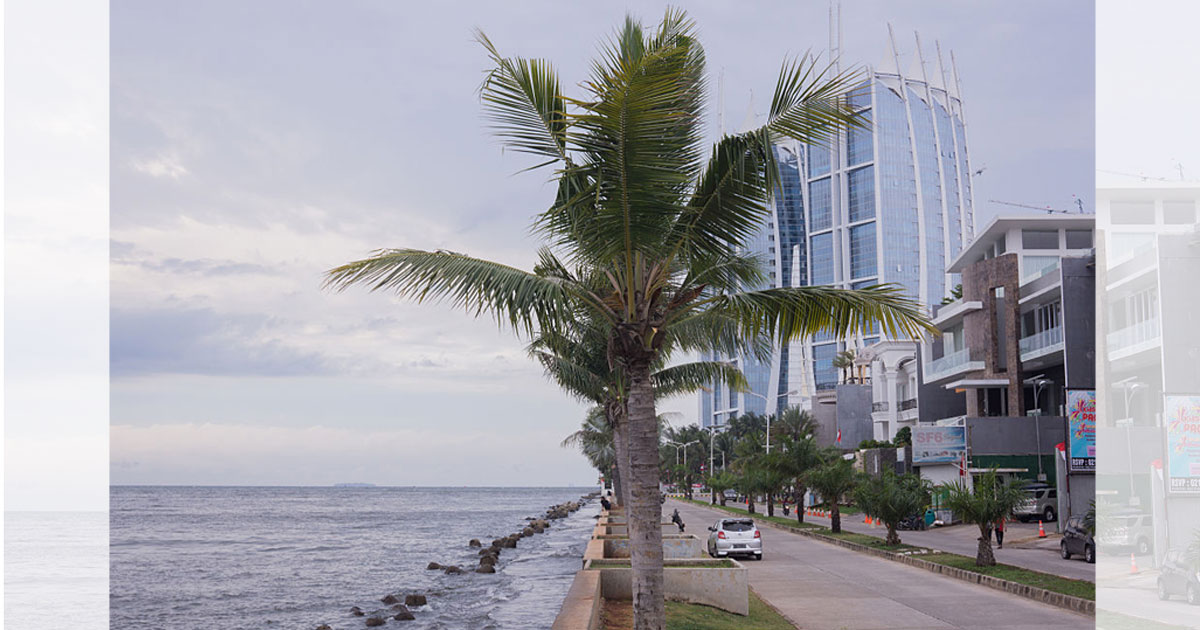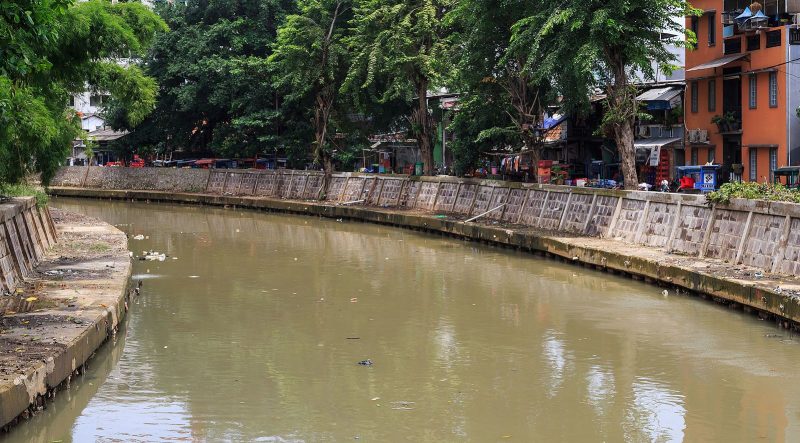If nothing is done in the next 10 years, the capital city of Jakarta might not be around anymore.
According to hydrologists cited by a New York Times report, Northern Jakarta has a decade before it will end up underwater, reclaimed by the rising Java Sea.
Climate change
About 40 percent of Jakarta now lies below sea level.
The most obvious threat is rising sea levels caused by climate change.
A 2015 scientific paper states that sea levels around Indonesia are rising at a rate of 2 mm per year, but with the effects of climate change, this will rise to a rate of 3 to 5 mm per year.
This is enough to redraw the map of Indonesia's coastline, sink some islands, and devastate associated industries, like fisheries.
But North Jakarta in particular is at a higher risk of rising sea levels. Due to the unique problems plaguing the capital, some parts of North Jakarta are sinking at an estimated rate 25 cm per year, 50 times faster than the rest of Indonesia's coastline.
Subsidence
This is because climate change is not the only factor in Jakarta's sinking problem.
Another big contributor is a lack of access to clean water. Water is piped to less than half of the city's population.
This means that the rest have to resort to other methods to get their water. Most of them dig wells to extract water from below ground, even though this is illegal.
It results in huge holes underground, which causes the surface to sink.
Construction
As the Indonesian economy grew in the past few decades, Jakarta grew along with it.
Much of the land was paved over to build offices and homes and shopping centres. But this meant that the ground, covered by concrete and asphalt, was no longer able to absorb the heavy rainfall that the city gets.
With the underground aquifers unable to replenish themselves with rainwater, and with the added weight of the buildings above it, the city's sinking problem is worsened.
No end in sight
There are no easy solutions to the sinking problem.
Jakarta needs to clear away the squatters who build informal settlements over the city's waterways, polluting them and turning them into open sewers.
It also needs to construct an actual underground sewerage system to pump away wastewater while providing its citizens with clean piped water.
But the evictions faced protests from residents who did not believe the government's environmental reasons for forcing them out of their homes.
And as of October 2017, the development of the Jakarta sewer system was postponed until at least 2019.
Seawalls can only hold back the rising sea for so long. If nothing is done, the consequences would be disastrous.
Top image by Anton Raharjo/Pacific Press/LightRocket via Getty Images.
If you like what you read, follow us on Facebook, Instagram, Twitter and Telegram to get the latest updates.

